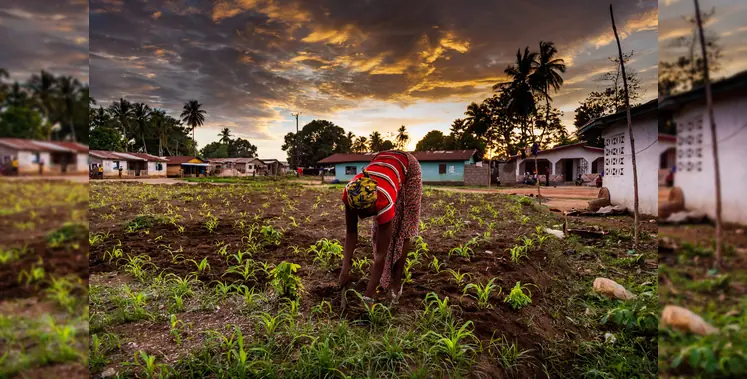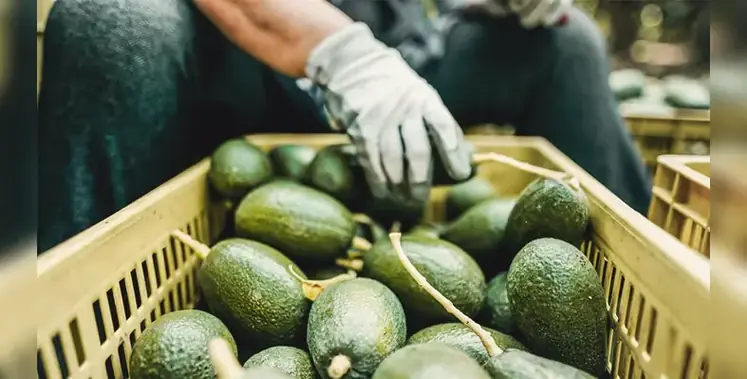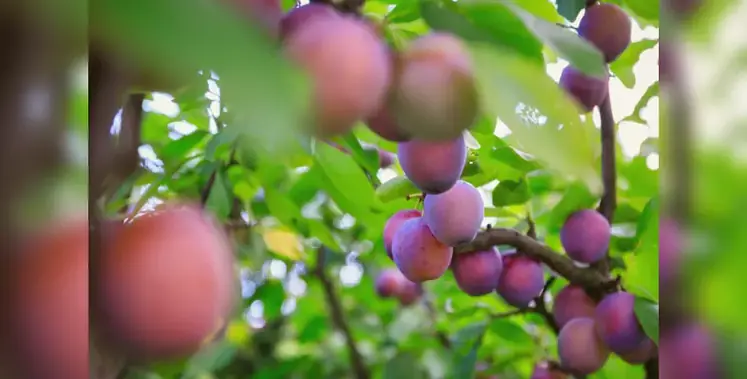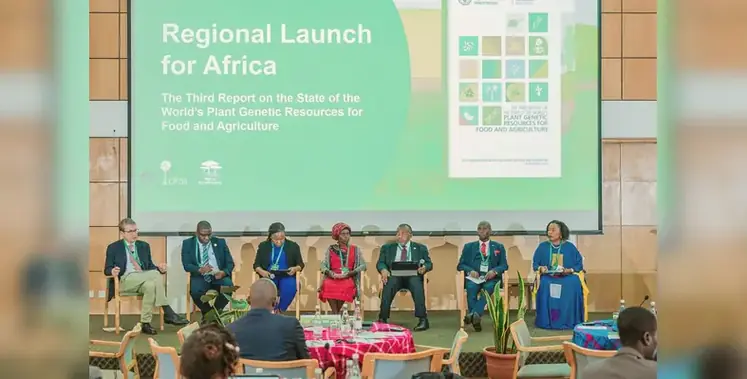Farmers in Lofa County, a northernmost, mountainous county in Liberia are urging the Government of Liberia to significantly increase investment in agriculture, calling for the national budget allocation to the sector to be raised to US$100mn.
The appeal comes from the United Farmers Association of Zorzor and Salayea Districts, who argue that stronger financial commitment is essential to close infrastructure gaps and equip farmers with the tools they need to improve productivity.
J Alexander Nuetah, Minister of Agriculture, the association acknowledged ongoing support from government and development partners but stressed that current funding levels are not enough to transform the sector. “We are underserved and under-resourced, struggling to sustain production amid mounting economic and environmental challenges,” the farmers said.
Agriculture remains central to Liberia’s economy, yet many farmers continue to operate on the margins. Limited access to quality seeds, fertilisers, machinery and modern farming techniques has left producers dependent on labour intensive traditional practices. According to the petition, this has made farming less efficient and increasingly difficult to sustain, particularly in the face of climate change and unpredictable weather patterns that disrupt planting and harvesting cycles.
“We are not asking for a change in leadership,” the petition notes. “We are asking for the resources that will allow agriculture to thrive.”
At the heart of the appeal is the proposed US$100 million budget, which farmers believe would allow the Ministry of Agriculture to roll out meaningful reforms. Priorities include building storage facilities to cut post harvest losses, rehabilitating farm to market roads, developing irrigation systems for year round production, expanding rural markets, improving access to affordable credit, distributing quality inputs, and introducing mechanisation programmes.
The association commended Minister Nuetah for engaging directly with farmers despite financial constraints, noting that this approach has unsettled some who previously benefited from ministry contracts. “This is not about politics. This is about productivity,” the petition states.
Infrastructure remains a pressing concern. Poor road conditions in Tinsue Town and nearby communities are limiting access to a rice mill operated under the Liberia Feed Yourself Agriculture Initiative Inc. Although IFAD recently donated a tricycle to support the transport of paddy rice, damaged roads have rendered it largely ineffective. “With improved road access, we can purchase more paddy rice, increase production, and meet growing demand,” the petition stated.
Farmers also outlined wider reforms, including stronger extension services, youth and women participation, fair pricing systems, agricultural insurance, research support and sustainable practices.
In a direct appeal to President Joseph Nyuma Boakai, they concluded, “Mr. President, your legacy will depend on the impact you make in the lives of farmers. We are ready to work with you to transform agriculture.”









